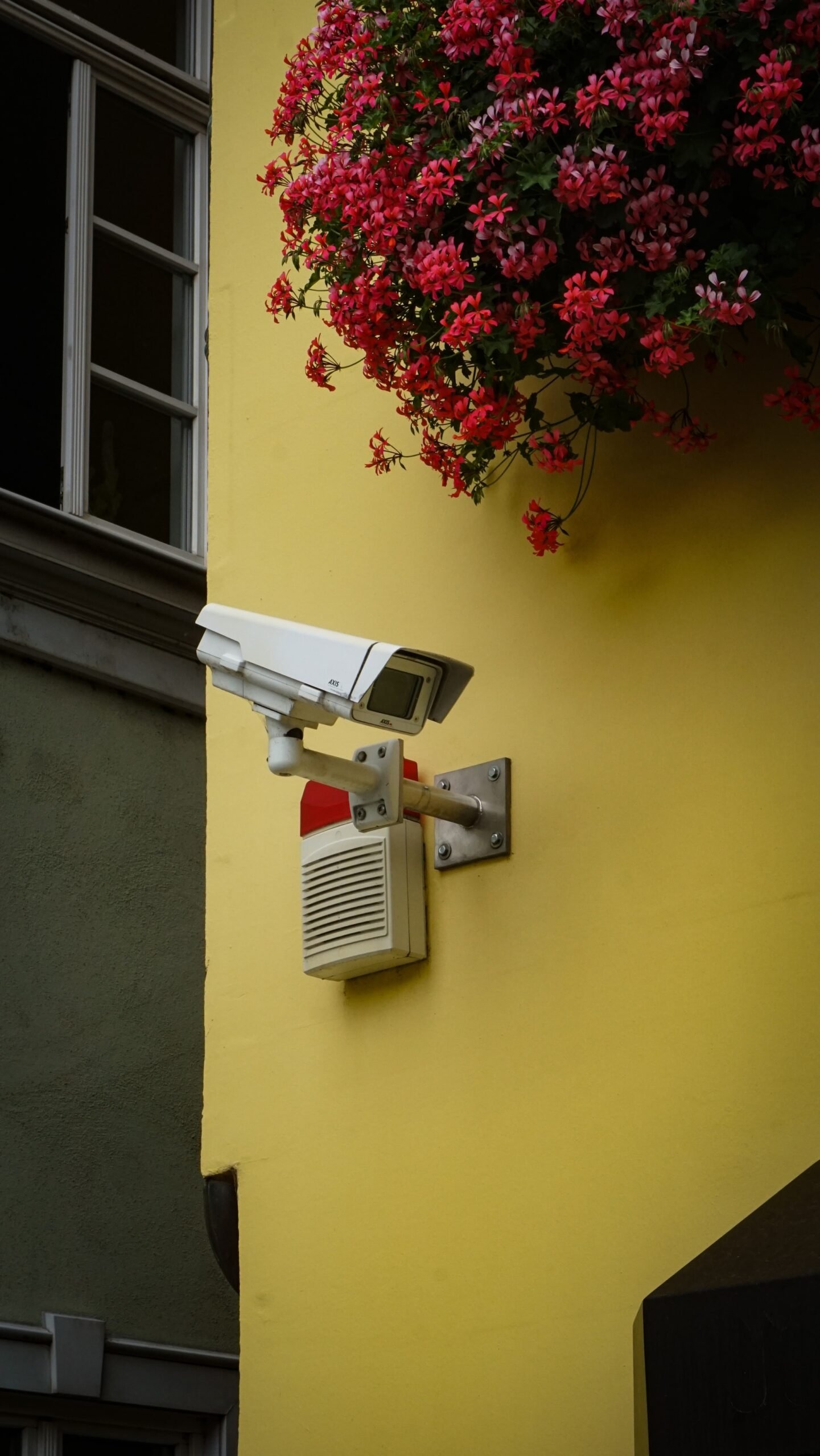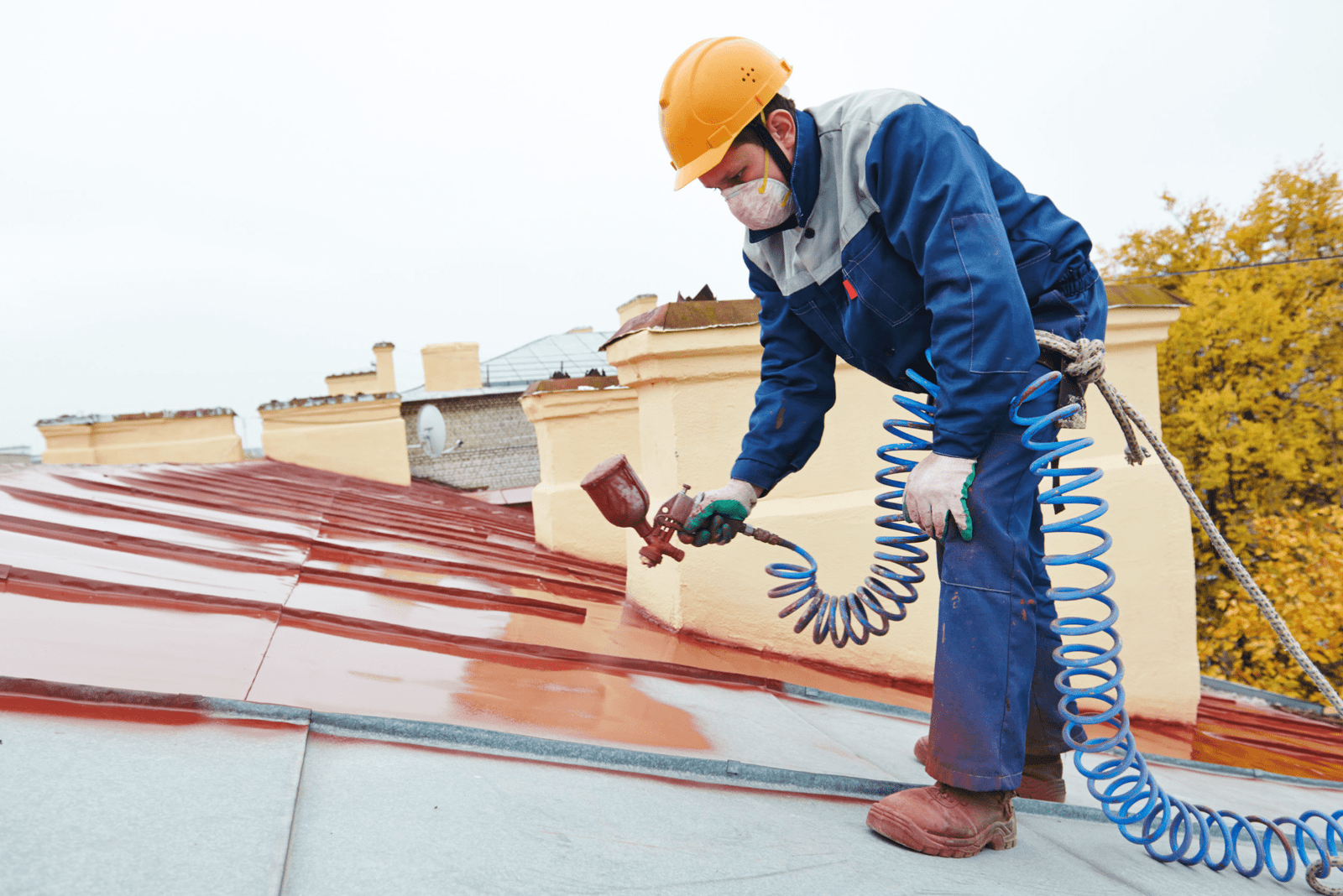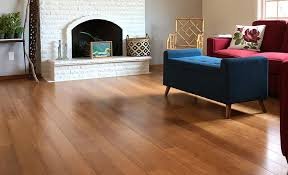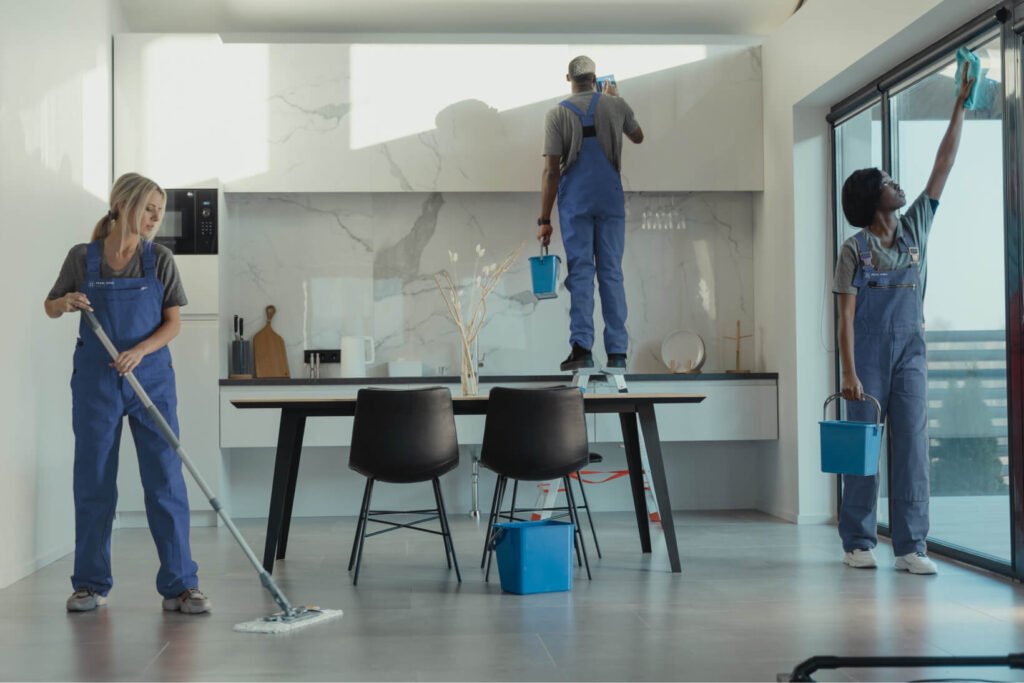We all know to lock our doors, shut our windows, and check through the peephole before opening the front door, but what else can we do to keep our homes safer?
We went to security professionals to seek their recommendations on making our living spaces more secure to keep our goods (and ourselves) safer from the possibility of burglary.
1. Check the front door for any possible vulnerabilities.
The front door is the first and last point of contact for visitors to your home.
It’s not acceptable to have a hollow core door for your front entrance; instead, you should choose heavy steel or mahogany.
To prevent criminals from kicking your door open, you can buy a heavy-duty four-screw lock strike plate (the piece of metal where the deadbolt latch attaches to the door’s frame) at a hardware store.
The screws should be three inches long to ensure the plate is tightly secured to the door frame.
A doorway fortification system, like the Door Devil, which fortifies your front door’s weak places, can be purchased for roughly $100.
2. Make it appear to potential intruders that someone is actually at home by using timers and televisions.
Chris McGoey, a Certified Safety Professional and Certified Protection Professional, writes on his website that “the bulk of apartment burglaries occur during the daytime when most individuals are away at work or school.”
Nighttime burglaries are more common because criminals prefer less visible targets.
You may make it look like someone is home by using timers to switch on electronics like the TV, radio, and lights. A fake TV that mimics the colors and lights of a flickering TV may be purchased for less than $50 and used to dissuade intruders.
3. Watch out for glass surfaces like windows and doors.
Sliding glass doors and windows require additional security since intruders can easily take them off their tracks.
Inserting a dowel or shower curtain rod into the track will prevent the window or door from sliding open, even if the lock is broken.
In addition, a window sensor alarm can alert you through text message or email whenever a window is opened, allowing you to respond by activating lights remotely or viewing a live feed of the area.
4. Position warning signs.
Intruders seek the easiest target, and a Doberman dog is not worth the danger of getting mauled. Put up a “beware of dog” sign even if you don’t have any canine companions.
To really frighten off would-be thieves, install phony security cameras at your back doors or place a dog bowl by your side door.
Put up a sign and some decals to let people know you have a security system and are paying a monthly fee to ward off would-be intruders.
The monthly cost of an alarm service may be too much for some people, but they can still find it worthwhile to purchase a home security sign to display in their yards.
Criminals may assume that all homes with signs do not have security systems, putting the neighborhood at risk.
5. Let there be light.
To prevent burglaries, ensure the outside of your house is adequately illuminated. Install motion-detecting lights at all external doorways, use your smartphone to control some lights, and place exterior lights on a timer.
Put light timers near your windows inside the house, but make sure the curtains are drawn so that burglars can’t see them.
You can find light-timers just about anywhere at a low price. They should be used daily, not only when you’re abroad.
6. Keep a watchful eye on time off
When you’re on vacation, you shouldn’t worry about anything but having a good time and getting some much-needed rest.
Flyers and advertisements piled up by your front gate or porch are telltale signals that someone is away.
Don’t let mail pile up while you’re gone, and introduce yourself to the neighbors.
If you’ll be gone for more than a few days, put a temporary stop on newspaper delivery and arrange for a friend or neighbor to collect your mail and deal with your garbage cans on trash day.
Also, try not to overshare your trip on social media, especially Facebook and Instagram.
Since most people’s addresses are easy to locate online, you don’t want to attract a possible burglar with the promise of an empty home.
You can always wait until after the vacation ends to upload your images.
7. Get creative about hiding your valuables.
If you don’t want to promote how easy of a target your home is for burglars, there’s no reason to brag about how many “interesting” things you have.
However, if he does break in, he will stay long enough to take whatever is most valuable from your home before leaving.
Convicted burglars have always inspected dresser drawers, the bedside table, and the medicine cabinet.
Instead of concealing your valuables in conventional hiding spots, consider becoming inventive.
In an internet forum, DIY guru Joel Spolsky proposes setting an old, worthless laptop by your front entry so a burglar will discover it, take it, and get out.
8. Stop staring at your phone and look about you.
For your own and your family’s safety, it is essential to pay close attention to your environment at all times.
The biggest threat to everyone is complacency.
If you want to be safe, or at least safer than average, you need to keep tabs on your surrounding area. Be vigilant to new persons strolling or driving through the area.
Be wary of anyone who hangs around your building’s entrance or looks to be following you.
A damaged window or a strange car are just two examples of how being alert can help you stay safe.
9. Ask the landlord to make minor security improvements before renting.
Check your new apartment’s doors, lights, locks, and fire exits thoroughly before you move in.
Santarsiero recommends renters double-check the functionality of their window locks and get their current locks re-keyed.
You might be concerned that anyone could walk into your apartment because many former renters and handymen might still have a key.
If your front door doesn’t already have a deadbolt lock, you should request that your landlord install one, along with a chain lock.
Even if you rent, you should still ask your landlord if you can bolt a safe to the closet News floor to protect your valuables from theft.




